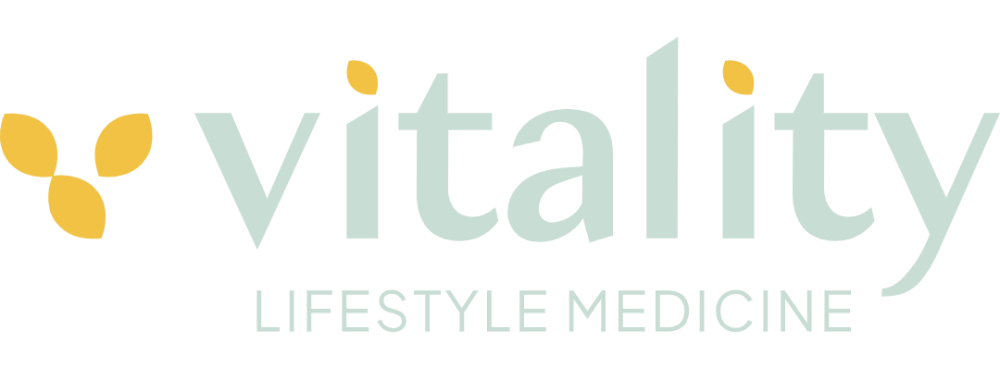What does a "whole food, mostly plant-based diet" mean?
Jul 24, 2024
At Vitality Lifestyle Medicine, I frequently talk about whole foods, mostly plant-based eating patterns, and I understand that this term can be confusing. For instance, when I asked my 70-something-year-old parents about their thoughts on a whole-food, mostly plant diet, my mum thought it was promoting “vegan propaganda”, which she believes isn't necessarily healthy. She pointed out that products like Oreos and Skittles are plant-based but have no nutritional value. On the other hand, my dad told me it sounded like he would never be able to eat steak again and wasn’t interested in hearing more. It's clear I have some myths to bust.
A whole-food, mostly plant diet (WFMPD) can take various forms, but at its core, it focuses on a long-term eating pattern that primarily includes plant-based foods. It’s not just one thing; the beauty is that it can be adapted to your unique tastes and needs. Let's explore the science behind this eating approach and its significant benefits for individual and planet health.
How much plant consumption defines a primarily plant-based diet?
Research on human nutrition is challenging and expensive, making it difficult to recommend one “right” eating pattern for good health. There is no global definition of a WFMPD. At Vitality Lifestyle Medicine, we recommend that around 90% of your diet should ideally consist of minimally processed plants. However, even small increases in whole plant foods will benefit your health. Despite their differences, dietary guidelines from most countries agree that an eating pattern emphasising vegetables, fruits, legumes, and whole grains is ideal for overall well-being. Aim for minimally processed options if you choose to include meat, seafood, or dairy in your diet.
What are the benefits of a WFMPD?
Scientific evidence strongly suggests that a WFMPD plays a crucial role in preventing, managing, and sometimes even reversing chronic diseases. It is particularly beneficial for people at risk of or already living with conditions such as cardiovascular disease, chronic kidney disease, type 2 diabetes, depression, and certain types of cancers. Do these potential health benefits inspire you to consider adopting a WFMPD for a healthier lifestyle?
Another advantage of the WFMPD is that it can be more cost-effective than animal-based diets. Legumes like lentils, chickpeas and beans, and tofu are excellent sources of iron and protein. They are versatile, easy to store, and budget-friendly.
What are the environmental benefits of a WFMPD?
Research from the EAT-Lancet Commission on Food, Planet and Health focuses on the connection between our diets and the impact on the planet. The report emphasises the need to shift toward sustainable food production to feed a future population of 10 billion people within planetary boundaries. It states that food has the most potential to optimise human health and environmental sustainability on Earth. The meat and dairy industries contribute significantly to greenhouse gas emissions, deforestation, excessive use of fresh water, as well as causing water and air pollution.
Is there a downside?
As my mum helpfully highlighted, not all plant-based foods are created equal. Studies indicate that an unhealthy plant-based diet is no better for health than a standard meat-eating diet—the quality of the food matters.
While adopting a WFMPD is a positive step for better health, there are several essential nutrients to be mindful of, particularly if you want to eliminate all animal products. For example, vitamin B12 is found only in animal products, so those following a completely plant-based diet need to obtain it from fortified foods or supplements. In addition, some individuals may face challenges in obtaining enough iron from a plant-based diet, such as women with heavy periods, pregnant women, or those with a history of anaemia. I recommend consulting with your GP to check iron levels if you are at risk.
In a nutshell
A whole-food, mostly plant-based diet is not a rigid plan but a flexible eating pattern that can be tailored to your unique preferences, circumstances, culture, and budget. It's about incorporating more minimally processed plant foods into your meals, not eliminating animal products completely. This approach can significantly improve your health and contribute to environmental sustainability.

